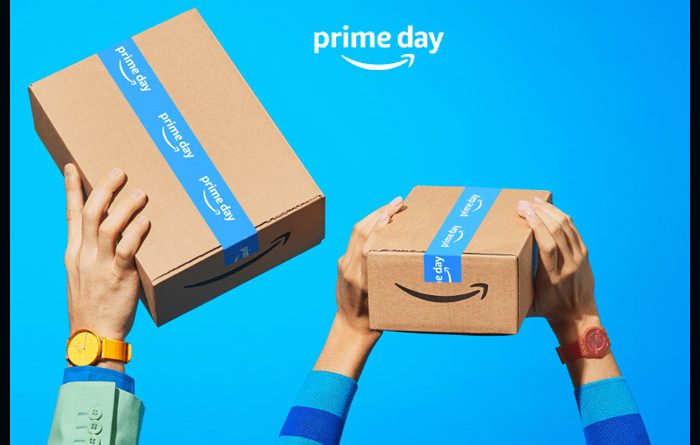Experts Warn Of Scams Targeting Consumers During Amazon Prime Day
As Amazon Prime Day kicks off, experts are cautioning consumers about the prevalence of scams that often accompany major sales events. Phishing attempts and scams impersonating reputable companies like Amazon have become increasingly common during these periods of high online spending. The Better Business Bureau advises consumers to remain vigilant and be wary of lookalike websites, enticing social media ads, unsolicited emails or calls, and other suspicious activities surrounding Prime Day and other sales events this month.
Among the scams highlighted by Scott Knapp, director of worldwide buyer risk prevention at Amazon, are Prime membership and order confirmation hoaxes. In previous years, individuals reported receiving unsolicited calls or emails claiming issues with their Prime membership, followed by requests for payment information and login credentials. Knapp emphasized that Amazon, or any reputable business, would never solicit such details in that manner. Another tactic scammers employ is urging consumers to confirm orders they didn’t place, often selecting high-value items like smartphones to attract attention and elicit payment information or malicious links.
While specific scams for this year’s Prime Day have yet to emerge, experts note that scammers tend to iterate on existing methods. Fake delivery scams, email phishing, and other schemes are continuously used to deceive consumers into divulging personal and payment information. Furthermore, online hoaxes are evolving and becoming more sophisticated, with the use of AI-generated content and increasingly authentic-looking images and websites. Consumers are urged to exercise caution, verify the legitimacy of websites before clicking links, and report scams to relevant authorities.
In addition to scams impersonating retailers, consumers are advised to be wary of counterfeit products and fake reviews. Major online marketplaces like Amazon feature third-party sellers, making it crucial for shoppers to be aware that they may not be buying directly from the platform itself. Counterfeit products have improved in quality and appearance, making them harder to detect. Buyers should be cautious if a product is priced significantly lower than its market value, as it could be an indicator of a counterfeit item.
To combat counterfeit products, Amazon has taken measures to remove millions of phony listings from its site and block billions of suspected fake reviews. The company has a zero-tolerance policy for counterfeit products and fake reviews, actively working to eliminate them from its platform. Customers are encouraged to report fraudulent activities, including fake reviews, and Amazon proactively reaches out to customers who unknowingly purchase counterfeit items, offering full refunds.
Source: Read Full Article



